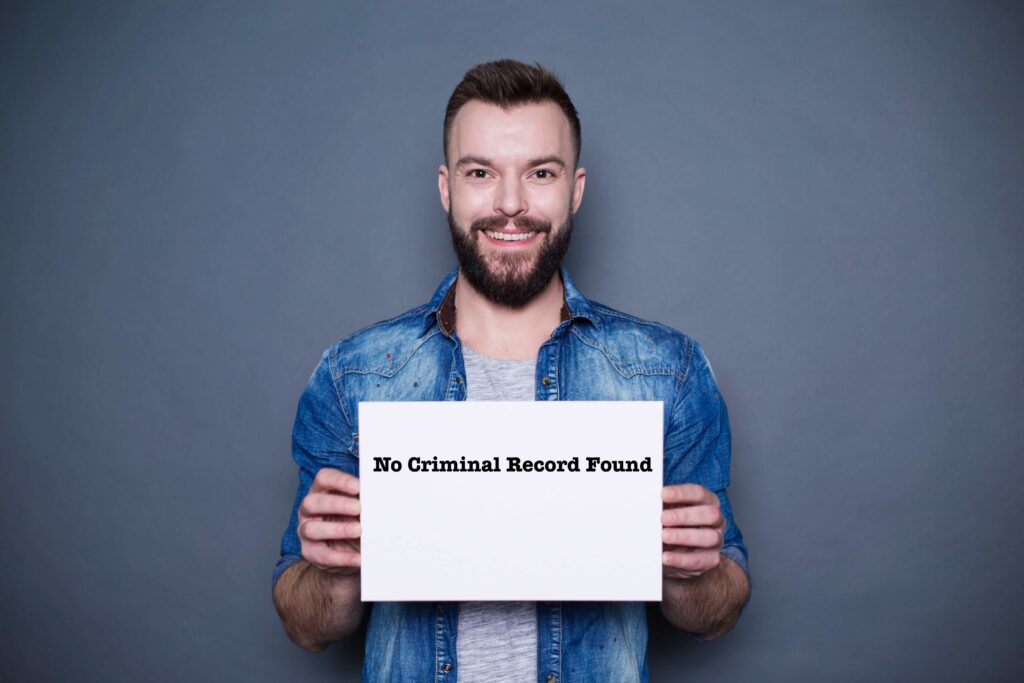Top Ten Reasons to Expunge your Criminal Record

Cleaning up your criminal record offers many opportunities, in many areas of your life.
1. Adoption/Foster care
A criminal record can bring plans to adopt or foster a child to a screeching halt. State laws prohibit a person from adopting or fostering a child if they have been convicted of certain offenses – but what isn’t commonly known is that an incomplete criminal record can be a stumbling block as well. Arrests that occurred within a certain timeframe, or arrests that occurred at any point in your life for certain charges, will almost certainly affect your application to adopt or foster, because the agency will need to research your record to determine what the outcome of the arrest was. In some instances, it’s quicker to go through the process to set aside your record than to go through the process of waiting for the State to research your record.
2. Child Custody and Parenting Time
A criminal record, even if it only amounted to an unsubstantiated report by your local law enforcement agency, may be admissible during child custody and/or parenting time proceedings. Even if nothing went any further than that report, you may be able to get the report itself sealed.
3. Employment – Obtaining or Advancing
The diversity of policies held by employers is simply too extensive to cover in this blog post, but one thing is for certain – most employers request a background check on prospective employees. Often, felony convictions will take your application out of the running. For some jobs, any conviction or arrest at all will be enough to go from “possible hire” to “do not hire”. The same policy often holds true for career advancement – you’ve made it onto the team and you’re a stellar employee, but your criminal record is holding you back from advancing any further. Just like with the categories above, it might be faster to get your record set aside than to go through an extensive employment-related background check!
4. Travel
Criminal records, whether they resulted in convictions or not, can lead to you being detained and/or turned away at the border. The laws vary from country to country, with some countries having much stricter criteria than others. One travel incident recently made headlines.
5. Licensing
Many licensing programs require potential licensees to be conviction-free. This may include but is not limited to healthcare licensing, contractor licensing, realtor licensing, caregiver, and many more.
6. Firearm rights
The right to bear arms is a core American right that is taken from many people with a criminal record. The prohibition can last a lifetime unless your firearm rights are restored. Find out more here.
7. Volunteering and Coaching
Whether it be volunteering at your child’s school or pursuing a passion by volunteering with a local nonprofit, the volunteering process usually starts by going through a background check – and many convictions are bars to volunteering.
8. Loans/Grants
The application process for getting approved to receive certain state and/or federal loans/grants usually involves a background check. Certain charges/convictions may cause your application to be delayed or denied.
9. Education
Pursuits of education after high school may come to a sudden halt if the educational program has a policy concerning criminal records.
10. Military Benefits and Disability Compensation
If you’re a military veteran otherwise entitled to benefits and/or disability compensation, your entitlements may be significantly less if you have felony convictions, or convictions for certain crimes.
